
Among the postponed scholarly events of 2020 were also the 23rd Belgian-Dutch Legal History Days in Rotterdam. Finally it took place as an online event on December 16 and 17, 2021. With some fifty participants and most of the time two parallel sessions the program was certainly substantial and varied. This event upheld its tradition of giving first of all space for graduate students to present their research, but other scholars contributed to it as well. In this post I will offer some impressions of the two days organized by Tammo Wallinga.
Hearing new voices
Presenting in front of a computer screen is by now common practice for scholars, but your first paper at a larger event will remain special. In some cases both senior scholars and young aspiring researchers had to deal with some technical problems, but most of them succeeded in presenting a fine PowerPoint and a well-structured paper. It is impossible to do here justice to the variety of subjects and sessions, also in view of a total of thirty-five papers in the program… At Twitter Frederik Dhondt (@HerakleitosMD, Vrije Universiteit, Brussels) bravely attempted to report live from parallel sessions, but I will not imitate his efforts at virtual bilocation! I have uploaded the abstracts, most of them are in Dutch.
Dirk Heirbaut (Universiteit Gent) opened the conference with a paper on the rather curious difference in approach to attempts in European countries at codification. Some countries seem to see it as a feat for victorious generals and former generals. In Belgium one cannot imagine a committee creating a code, but in the Netherlands one is sceptic about the feasibility a one-man codification. In this respect comparisons can enormously widen the horizons of lawyers and scholars. Vincent van Hoof (Radboud Universiteit Nijmegen) did look at the image of the schepenen (aldermen) of Amsterdam and their supposed favor for Roman law in preferring their acts ratifying security arrangements above notarial acts. Amsterdam was not unique in its policies. Other capitals and main harbors of Western Europe followed similar policies.
Some sessions combined very different subjects, others were clearly focused around one theme. You will see here in particular young scholars working at Flemish universities, but also scholars from other countries, as in the first parallel session I attended. Marvin Wiegand (Vrije Universiteit Amsterdam) is a German scholar studying the influence of Roman law on late medieval Frisian law. In the case he presented a widow arguing for prolongation of her guardianship could successfully use a wrongly chosen text from Roman law… Pedro Ricardo de Salvo Santos (Leuven) talked about the seventeenth-century Leuven law professor Petrus Gudelinus and his views cocnerning sovereignty and public law.
In a following session I heard Tom Bervoets (Vrije Universiteit Brussels) speaking on the reforms of parishes in eighteenth-century Brabant and the role of the Raad van Brabant in making changes happen or not. Paul Nève (emeritus professor, Nijmegen) spoke about the research he did during twenty years with Michel Oosterbosch on the history of notaries in Europe. Notaries were sometimes subjected to quite different regulations for qualification. In the Dutch Republic the provinces took over the task of maintaining standards and admitting new notaries. With Oosterbosch Nève has created a biographical repertory for a particular kind of notaries, the apostolic protonotaries and the paltsgraven (comites palatini). Pim Oosterhuis (Maastricht University) presented a paper on the changing place of commercial law as a separate field within private law since the early nineteenth century. Was it really exclusively the law of and for a particular segment of society?
In a following session I presented a paper on legal consultations from the seventeenth century in the province Utrecht. Recently I studied a number of manuscripts held at Utrecht University Library and Het Utrechts Archief. You can choose from several sets of manuscripts with either only copies or also originals of legal consultations. I could report already on some surprising findings, and it is clear a follow-up will yield even more interesting results and certainly more context to understand things that seem now special or odd. Manon Moerman (Maatsricht) spoke about Early Modern contracts for investment partnerships and companies in Amsterdam. Not only financial motives played a role in creating companies. Flip Batselé (Ghent and Brussels) took his audience to the twentieth century for his paper on international investment law and Royal Dutch Shell between 1955 and 1989. A group of oil companies and banks tried to influence politicians and lawyers, with sometimes a major role for Shell and its staff members.
Variety and focus
On Friday December 17, 2021 three sets with two parallel sessions were held and a closing section with one plenary. From the riches I have chosen here at will some sessions. The first session I want to mention briefly brought two papers. Together Wouter Druwé and Geert Sluijs (Leuven) presented a paper on educational reform at the seventeenth-century law faculty in Louvain and the view in this respect of Diodorus Tuldenus (1594-1645). An ordinance of the Habsburgian archdukes in 1617 prompted efforts for reform. Tuldenus showed hi as critical of the moral standards of aspiring law students, pleaded for stricter admission standards and wanted them also to use handbooks. In his view public law, too, should become a part of the curriculum. Interestingly, the second paper in this session, too, involved legal education. Bruno Debaenst (Uppsala) reported on his Swedish experience with law students tackling subjects in legal history in the master phase. It seems some retired professors of legal history in Sweden did not supervise at all student papers and theses for legal history. Debaenst found his students quite interested to set their first steps in Swedish legal history. This fact becomes important also for the Netherlands where for instance at Rotterdam legal history will no longer be an obligatory subject for bachelor students.
In the last full section I want to mention here three graduate students at Louvain focused in particular on the history of the Katholieke Universiteit Leuven. In her paper Shiri Roelofs discussed the views of theologian Robertus Bellarminus (1542-1621) on letters of exchange and their admissability. He took over parts of later medieval theologians, but added also his own distinctions. Wout Vandermeulen took us to another professor of theology, Johannes Malderus (1563-1633) and his views on monopolies. The School of Salamanca seems the wider context of these views, and Vandermeulen looked also at possible connection between this movement and the origins of current law on monoplies in the European Union where he will try to pinpoint the influence of German lawyers. Martijn Vermeersch took Balthazar de Ayala (around 1548-1584) as the key figure for his paper, a man who became the auditor-general of the Spanish army in Flanders under Alexander Farnese. His treatise De iure et officiis bellicis et disciplina militari libri tres. In his work he combined the laws of war, military strategy and discipline in a new way. De Ayala’s penchant for the mere legality of actions by princes has been criticized in the past. His views seemed unjust and too much influenced by the Spanish and his own position. However, his work gives the rare opportunity to gain a perspective from someone actually taking part in warlike situation such as the Dutch Revolt.
In the closing lecture Laurens Winkel (professor emeritus, Rotterdam) sketched a mighty tableau of fundamental questions concerning the degrees of culpability in criminal law from the Romans up to the present. His determination to tackle large questions and to opt for a kind of Big Legal History affirmed how much alive legal history can be and how wide in its aims. It was not only exemplary for his scholarship, but also an example for others to bravely approach large subjects by going from the earliest foundations to our present.
Promises for the future

In my brief contribution I have scarcely dealt with one half of all contributions, but luckily I can provide you at least with all abstracts. For me it was a most welcome thing to a varied and rich choice of subjects currently under close scrutiny by graduate students. Some senior and very senior scholars showed here a number of larger subjects, but some research student, too, show a willingness to use wider perspectives. No apologies are needed for looking here at many contributions from or about Leuven, because for many centuries Leuven was simply the only university in the Southern Low Countries. At the end of the conference Wouter Druwé could express our shared thankfulness to Tammo Walinga for his calm leadership in organizing this online conference and steering it not through the Meuse river within Rotterdam, but certainly in stormy times to a good and promising end. In 2023 the next Belgian-Dutch Legal History Days will take place in Leuven.

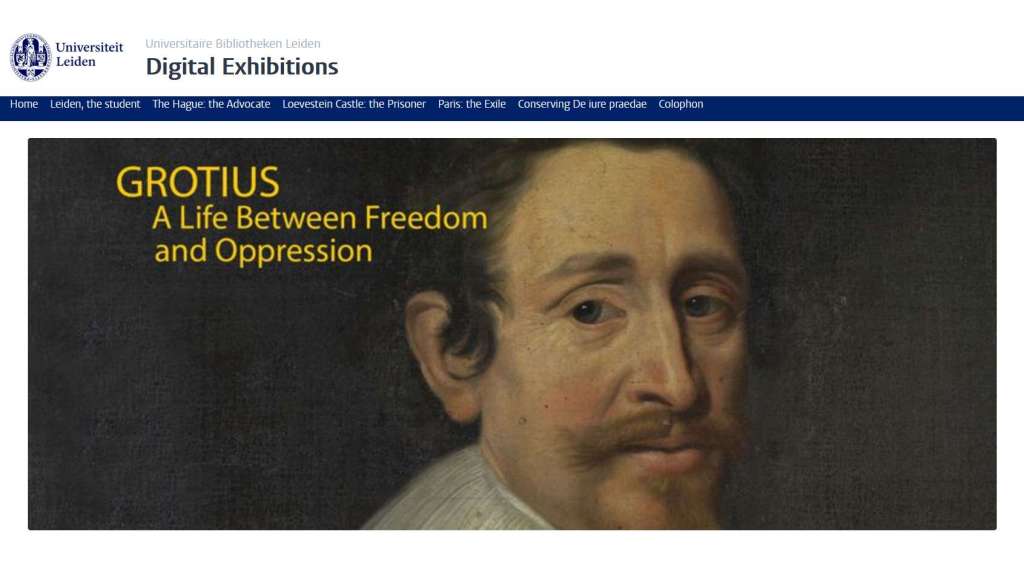
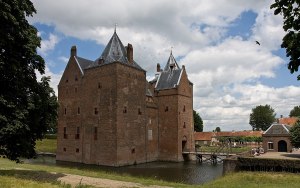
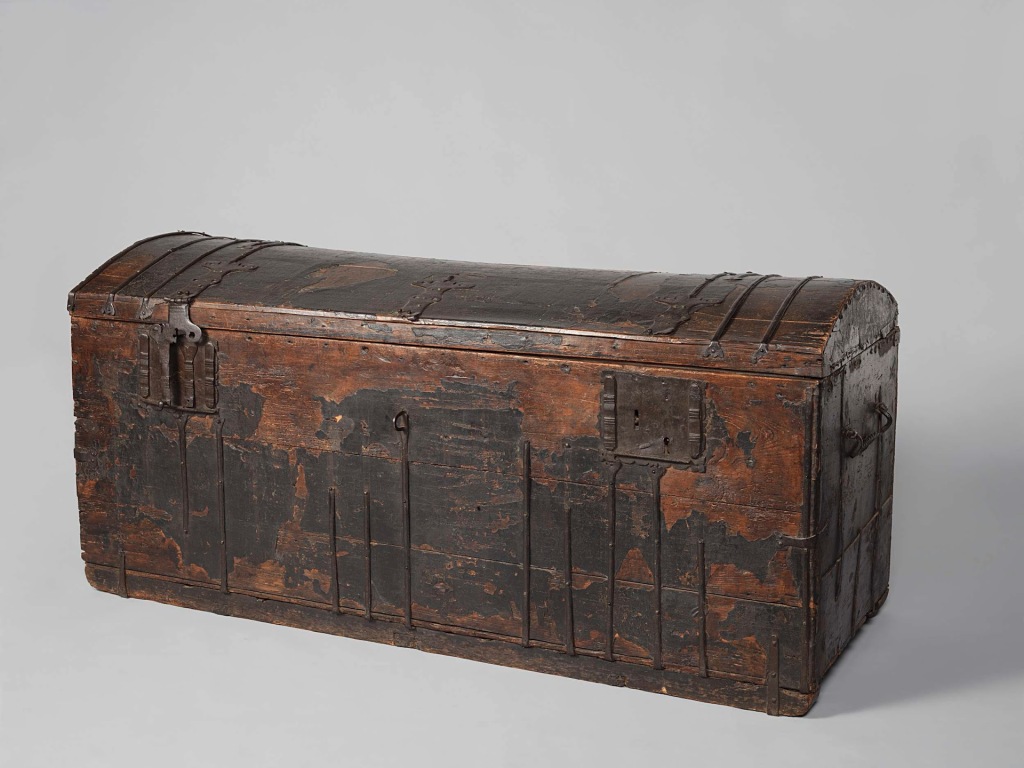
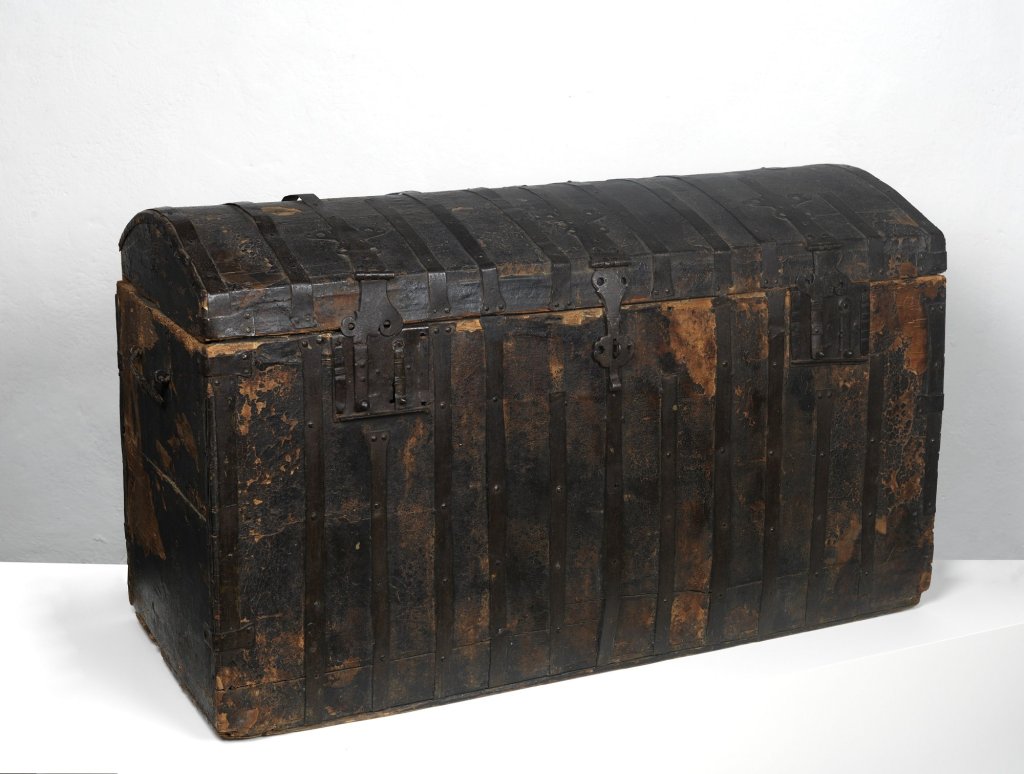
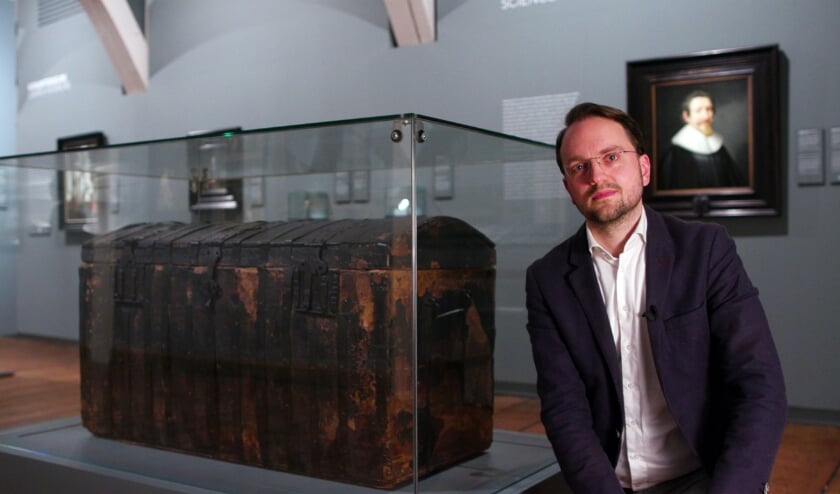
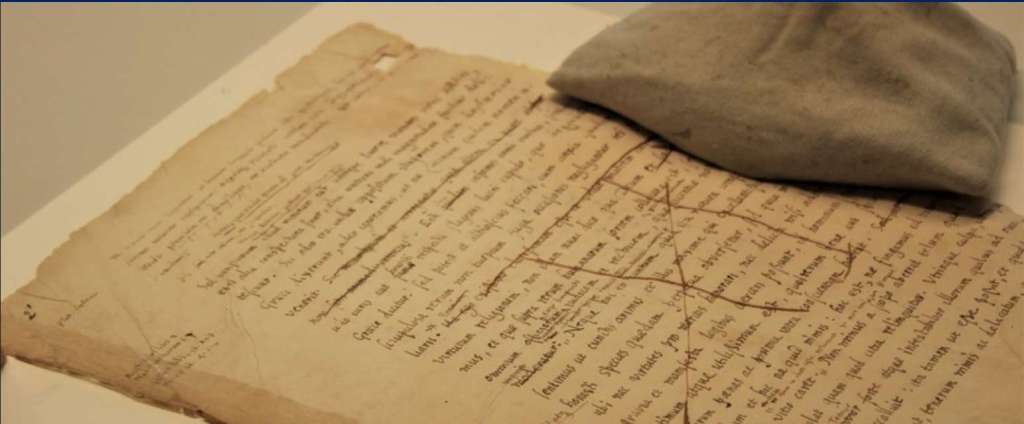








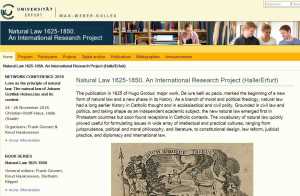
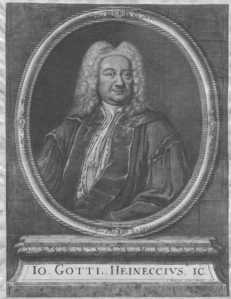


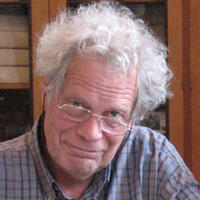 The medieval relation between Roman and canon law can in a way be summarized by the expression utrumque ius, “both laws”. Medieval lawyers working in the field of the learned law saw both legal systems as twins. One of the major stumble blocks in understanding the nature and medieval development of either system is exactly the stubborn way in which modern scholars often refuse to look in the garden of their neighbours. Sadly, these days a scholar who had the courage and all qualities to avoid this false separation and to bridge supposed and real gaps is no longer with us. This week the electronic news bulletin
The medieval relation between Roman and canon law can in a way be summarized by the expression utrumque ius, “both laws”. Medieval lawyers working in the field of the learned law saw both legal systems as twins. One of the major stumble blocks in understanding the nature and medieval development of either system is exactly the stubborn way in which modern scholars often refuse to look in the garden of their neighbours. Sadly, these days a scholar who had the courage and all qualities to avoid this false separation and to bridge supposed and real gaps is no longer with us. This week the electronic news bulletin